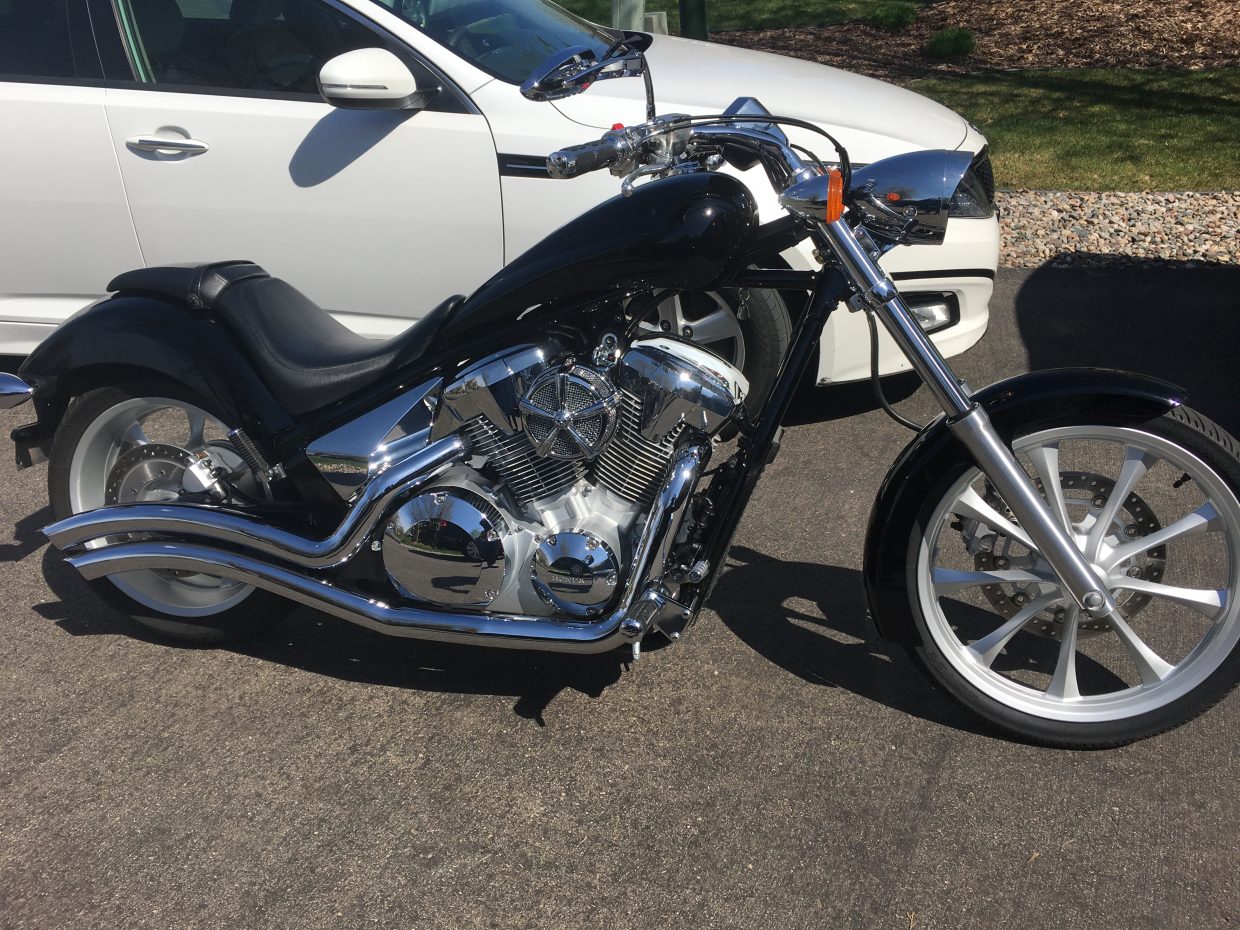During Junior High School and High School I remember learning about the United States history. Especially, about the United States Deceleration of Independence from Great Britain. In the textbooks we learned about the British government refused to give the Thirteen Colonies a voice in British parliament and continued to increase the taxation and enforced the taxation by lethal force from the British army on the Thirteen colonies. Eventually, the Thirteen Colonies had enough of the increased taxation without representation and lethal oppression from the British government. The Thirteen Colonies gathered together and declared their independence from Great Britain. After the Thirteen Colonies fought in a grueling war called the American Revolutionary War against Great Britain, the Thirteen colonies won their independence from British rule. Then the textbooks went into teaching us about the expansion west and the conflicts between the United States and the Native Americans, but the textbooks failed to avoid bias and portrayed the Native Americans as savages. The textbooks taught us about the different battles, but never went into detail about what started the battles in the first place. I could not help, but feel the lessons in the textbook and taught by the teachers was missing a gap or pieces out of parts of the United States history. It was not until later I got curious and took it upon myself to dig deeper into our history. I eventually learned about the truth in the United States history had also a dark history.
After reading some of the chapters from “Everything You Wanted to Know About Indians But Were Afraid To Ask” by Treuer, reminded myself of the dark history of the United States learned previously and questioned whether the United States has learned from the mistakes in the past and what has the United States done to correct their mistakes. I have come to the conclusion we have made some progress, but we still have not learned the lessons completely. I have also learned the United States has participated in two genocides in its history. I knew about one of the genocides by learning about how the United States committed immoral acts against African Americans, such as making African American women infertile by removing the reproductive organs of African American women without their knowledge (Pernick 68). What I did not know is the United States did the same crimes to the Native Americans and was struck back about learning about it from the reading. I can not grasp the logic behind these crimes besides coming to the conclusion there is no logic to the crimes. They were simply hate and biased crimes. I find learning about the full truth about our past is the only way the United States can learn from these horrible crimes and move forward to the future. I feel the educational system should stop avoiding these subjects, like sweeping dirt under the rug, and start educating their students on the United States dark history. So we can create a better tomorrow.
Work Cited
Pernick, Martin. “Black Stork.” Vol.1, 2002, pp.66-69

avestoll June 14, 2018
I agree! Our K-12 school system is fine with teaching us about what the colonists and the British were fighting for, but they leave out why the battles with the Indians were fought. We are tricked into thinking that the white people are the good guys and the Indians are the bad guys, but they only show us half the story.
One reason I think that our educators sort of get away with not teaching about this tragic mistreatment is because there is not enough people standing up for it. People need to be informed so that history does not repeat itself and so we don’t loose this beautiful culture all together.